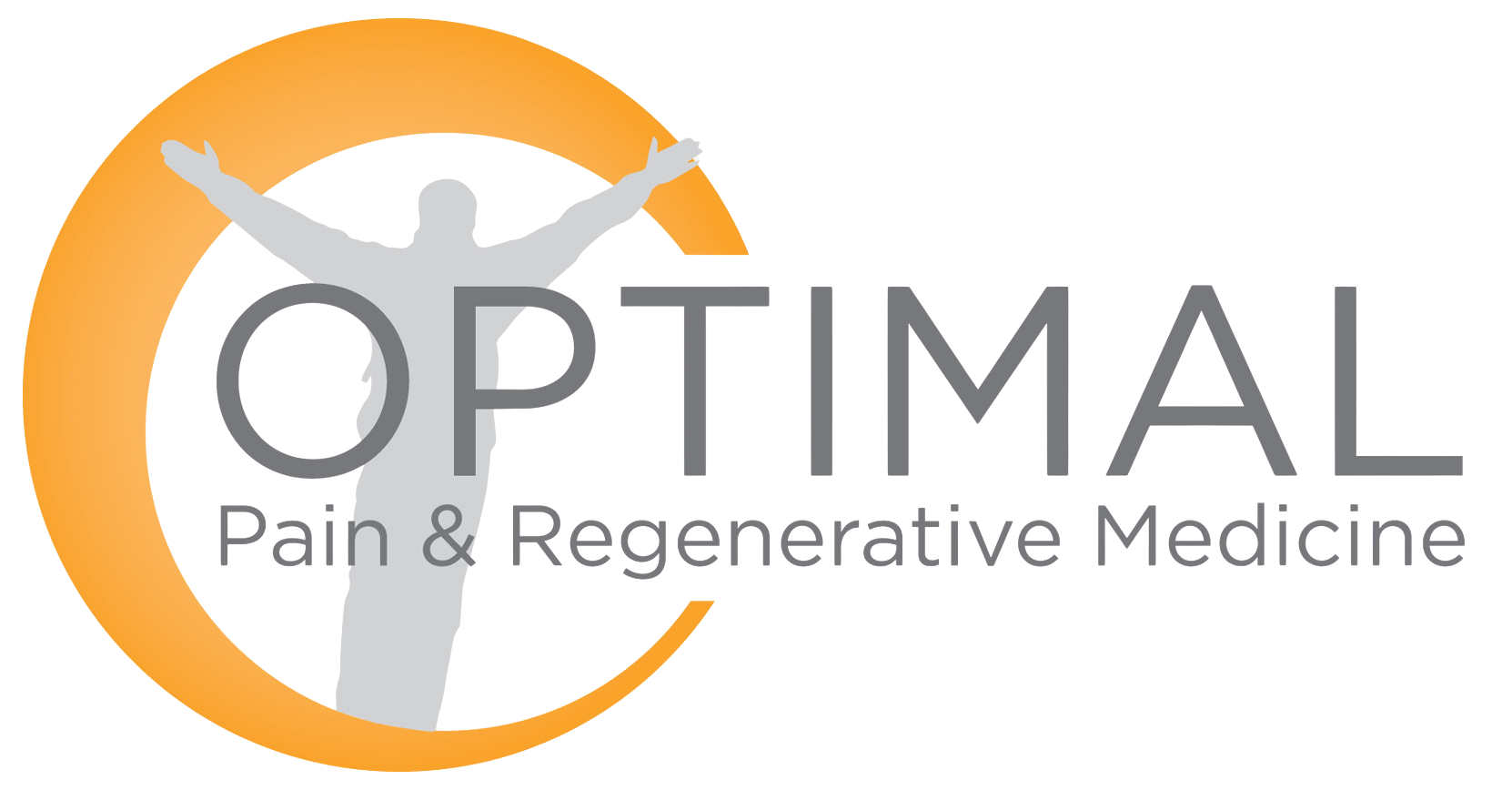At the age of 74, Barbara Foster was not going to let anything stop her from going on a trip of a lifetime. In the Summer of 2016, Barbara and her family started planning an African safari to Tanzania, Rawanda and the Serengeti. The trip would take place in February of 2017. Despite the excitement of the trip, Barbara faced a large obstacle; her arthritic right knee.
In 2011, Barbara was faced with getting knee replacements in both her right and left knee. The osteoarthritis in her knees had become so severe that the joint was bone on bone. Unable to get both knees done at the same time, she decided to have her left knee replaced. After three months, she had a successful recovery.
“I am very active,” said Barbara. “I consider myself one of the original walkers. I walk everyday and do the elliptical and weight training. After I recovered from my knee replacement, I continued to exercise, but my right knee still bothered me. I would not walk on the pavement because the impact irritated my right knee.”
The African safari was going to involve long hikes with a lot of elevation gains. “We wanted to see the gorillas, which we were going to have to hike into the jungle to see. This was an activity that I was not going to miss,” Barbara said.
Seeking a knee replacement alternative, Barbara started doing research online. She started reading more and more about stem cell therapy. “I had a friend tell me the doctors at OPTIMAL Pain & Regenerative Medicine®. She told me he was doing stem cell therapy in the Arlington area, so I decided to call them,” Barbara said.
“My first meeting went really well. The doctor was very thorough. I told him that I was going on an African safari, and I wanted to be able to hike to see the gorillas, but I was looking for a knee replacement alternative.”
Patients under the age of 60 generally achieve tissue regeneration using their own “pluripotent” stem cells through the use of bone marrow aspirate concentrate (BMAC). However, since the human body loses its ability to regenerate tissue from its own (autologous) stem cells as it ages, patients over the age of 60 typically achieve better results using a combination of BMAC and a placental stem cell transplant, called BioD® Restore. Due to Barbara’s age, there was no guarantee for a positive outcome, but she was willing to take that chance.
On November 30, 2016, Barbara had stem cell therapy and BioD® Restore to treat her right knee. “The procedure did not hurt at all, and it did not take long,” said Barbara. “The doctor was very sensitive and caring through the procedure. Following the procedure, I had about one week of pain, and I needed to use a walker to get around. After three weeks, I woke up and the pain was gone. I was not ready to run a marathon, but I started feeling better everyday,” Barbara said. By mid-January, Barbara was 100% pain free in her right knee.
“I am so thankful to Optimal Pain & Regenerative Medicine® for allowing me to go on the trip on a lifetime. I was able to hike for 2.5 hours with 600 feet of elevation to see the gorillas. It was a truly magical experience. I got to see a Silverback gorilla and a mom and her babies playing. It was an experience that I will never forget!”
For other patients who are seeking a knee replacement alternative, Barbara recommends exploring the option for stem cell therapy. “It could change your life,” said Barbara.
While clinical studies support the effectiveness of these procedures, individual results may vary. There are no guarantees of outcome. All surgeries involve the risk of major complications. Before you decide on surgery, discuss treatment options with your doctor. Understanding the risks of each treatment can help you make the best decision for your individual situation. Always ask your doctor about all treatment options, as well as their risks and benefits. Only your doctor can determine the appropriate treatment for your situation. The clinical information and opinions, including any inaccuracies expressed in this material by patients or doctor are not necessarily those of OPTIMAL Pain & Regenerative Medicine® and should not be considered as substitute for medical advice provided by your doctor.
